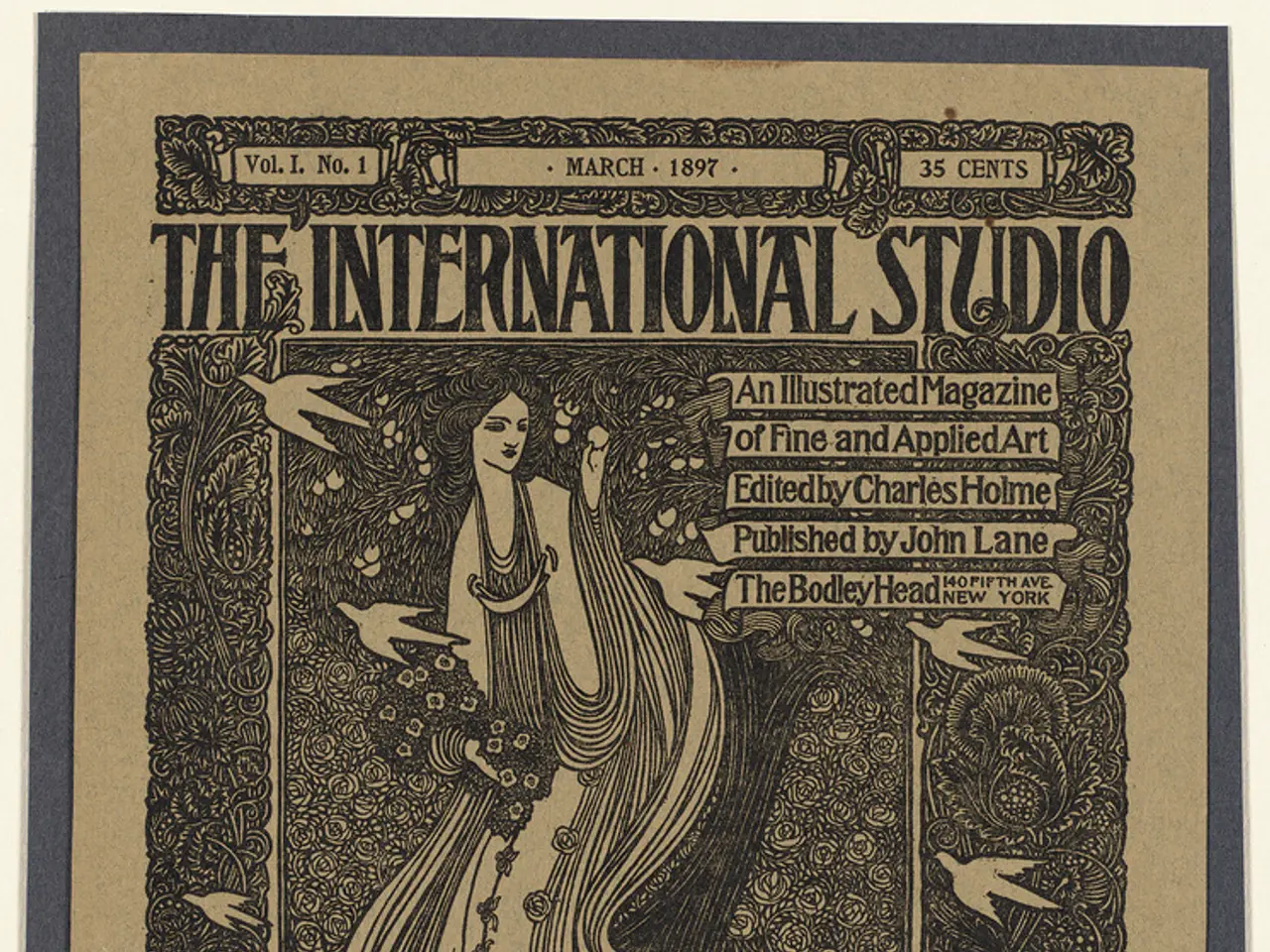Human Survival Trends: Impact and Influence of Social Acceptance Pressure
In the realm of human behaviour, one cognitive bias has proven to be a significant influencer in modern society - Social Desirability Bias. This bias, rooted in our inherent social nature, can subtly alter the way we present ourselves and make decisions, often leading to inaccurate self-assessments and skewed perceptions.
At its core, Social Desirability Bias encourages individuals to respond to questions in a manner they believe will be viewed favourably by others. This tendency, historically, has boosted survival chances by ensuring social support and cooperation. However, in today's complex societies, it can sometimes lead to less authenticity and honesty, hindering effective social bonding and problem solving in various contexts.
One of the most striking implications of Social Desirability Bias is its impact on decision making. By unconsciously presenting themselves in a favourable light, individuals may distort their self-reports and communications, leading to misjudgments in areas like mental health, recovery from trauma, economic decisions, and more.
From an evolutionary perspective, conforming to social norms and presenting desirable traits may have conferred advantages in social cohesion, reducing conflict, and increasing access to resources and mates, all critical for survival. However, in modern complex societies, this bias can sometimes result in suboptimal decisions. For instance, individuals may prioritize social approval over truthful evaluation of risks, potentially affecting their well-being.
Social Desirability Bias can manifest in various aspects of modern life. In marketing strategies, advertisers often frame products to align with societal values, leading consumers to make purchases based on perceived social acceptance rather than actual needs. In cultural progress, the tendency to conform to socially desirable responses can stifle open dialogue about important issues such as diversity, equity, and inclusion, ultimately hindering societal advancement.
Politicians may also leverage this bias during campaigns by emphasizing popular opinions or values to gain voter support, even if their true positions differ. In workplace dynamics, employees might provide overly positive feedback about company culture or management practices during evaluations, hindering genuine improvements and perpetuating dissatisfaction.
In health surveys, individuals may report healthier lifestyles than they actually maintain, skewing public health data and affecting resource allocation for health initiatives. Social media influence can lead to the creation of unrealistic standards, causing mental health issues among peers. Misleading data from surveys influenced by Social Desirability Bias can result in poor policy decisions that fail to address underlying societal issues.
However, understanding and addressing Social Desirability Bias can enhance decision-making capabilities and improve outcomes in critical areas affecting human survival. By recognizing when our judgments may be influenced by the desire for social approval, we can strive for greater transparency and authenticity, fostering a more honest and cooperative society.
Education on cognitive biases, including Social Desirability Bias, empowers individuals to make informed decisions and promote open dialogue. By raising awareness about this bias, we can work towards creating safe environments where participants feel comfortable sharing their true opinions without fear of judgment, ultimately reducing the influence of Social Desirability Bias in research settings and beyond.
- Social Desirability Bias, influencing self-presentation in various contexts, can lead to inaccuracies in self-assessments and skewed perceptions, particularly in areas like mental health, trauma recovery, economic decisions, general news, and health-and-wellness.
- In today's complex societies, Social Desirability Bias can hinder effective social bonding and problem-solving, as individuals sometimes prioritize social approval over truthful evaluations, potentially impacting their well-being and general news discourse.
- This bias, evident in marketing strategies, cultural progress, politics, and social media, can shape consumer behavior, stifle open dialogue on important issues, skew survey data affecting resource allocation, and influence policy decisions.
- Addressing and understanding Social Desirability Bias can foster greater transparency and authenticity, enhancing decision-making capabilities, and ultimately promoting a more honest and cooperative society, especially in health-and-wellness, mental-health, entertainment, and educational settings.




